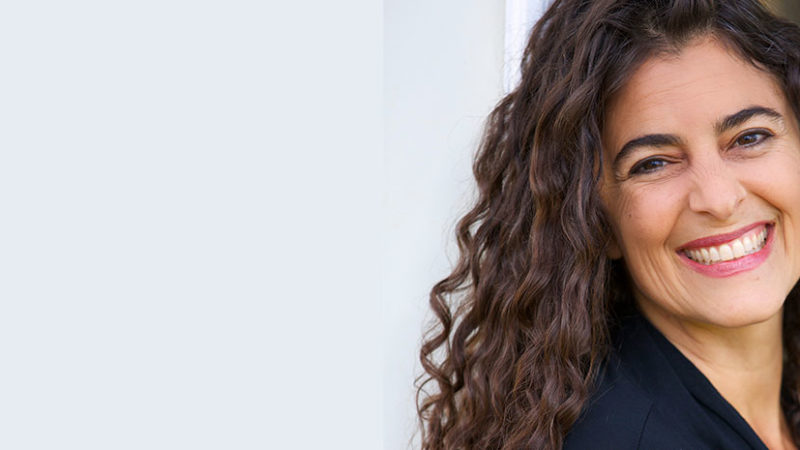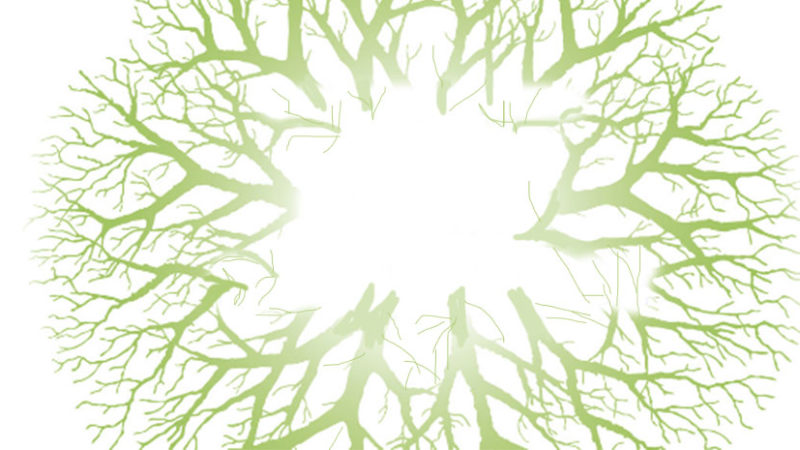Sheryl Paul: The Wisdom of Anxiety
Sheryl Paul is a counselor in the depth psychology tradition who has helped thousands of people through her website, online courses, and books. With Sounds True, she has released the new book, The Wisdom of Anxiety: How Worry and Intrusive Thoughts Are Gifts to Help You Heal. In this episode of Insights at the Edge, Tami Simon speaks with Sheryl about why we should consider anxiety “a distress flare from the subconscious” that is meant to alert us to unspoken and unacknowledged inner truths. Sheryl explains why running away or numbing out from anxiety is ultimately futile, and describes how opening to one’s anxious thoughts can summon valuable personal epiphanies. Tami and Sheryl also talk about what it means to develop our wise inner parent and how we can examine the meaning of intrusive thoughts. Finally, they discuss the importance of positive daily rituals and why life transitions are so acutely stressful. (69 minutes)



